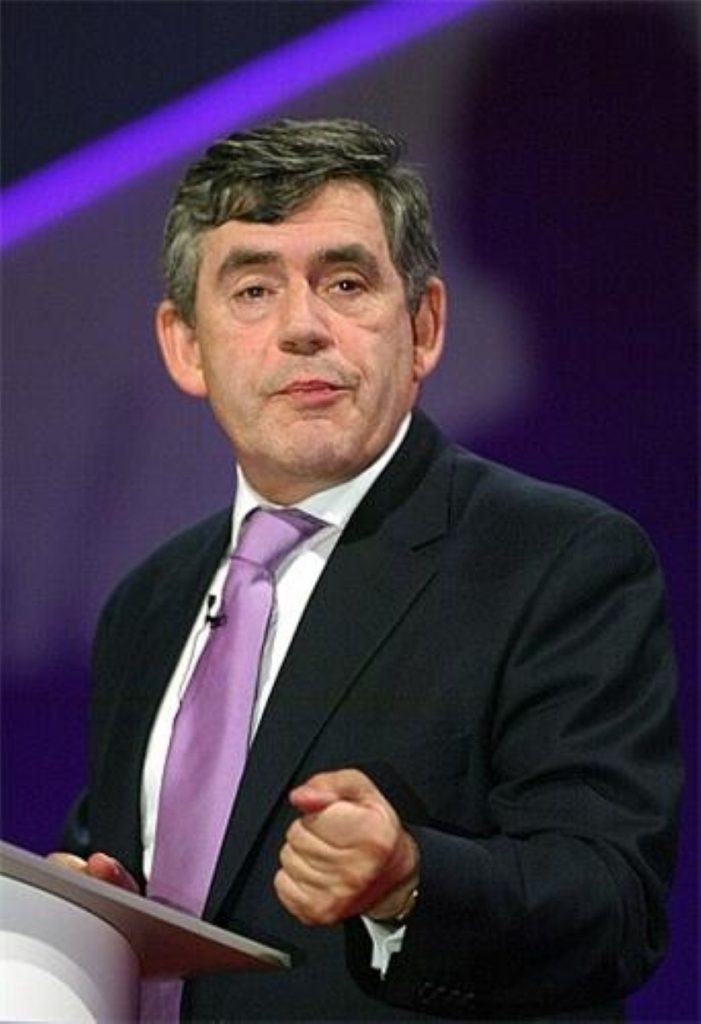Treasury urges action on terror finances
Blocking terrorist financing will be as important in the war on terror as fingerprinting and DNA has been to crime fighting in the past, Gordon Brown has said.
The chancellor today called for new powers to stop payments to terror suspects in the UK and to use confidential intelligence, or closed source evidence, for the first time.
In a key speech on national security, he stressed extra safeguards would be introduced to protect individuals, including the use of a special advocate to defend their interests, and a requirement on the Treasury to report quarterly to parliament on its actions.
But Mr Brown insisted: “Our aim is simple – just as there be no safe haven for terrorists, so there be no hiding place for those who finance terrorism.


“What the use of fingerprints was to the 19th century, and DNA analysis was to the 20th century, so financial information and forensic accounting has come to be one of today’s most powerful investigative and intelligence tools.”
He proposed a “modern Bletchley Park” where experts from the public and private sector would track bank accounts and financial transactions around the world and achieve “the same results as code breaking at the original Bletchley Park did 60 years ago”.
The chancellor will lay the order required to gain these powers before parliament tomorrow, but also announced today a new licensing regime for bureaux de change and cheque cashing firms to ensure they were not exploited by terror networks.
A review of the charities sector would report at the end of the year to assess how to prevent their being used to channel terrorist funding, he said, noting that an investigation was launched into the charity Crescent Relief and its assets frozen this summer.
In his speech to Chatham House this morning, Mr Brown also indicated he would like to see an extension of the time terror suspects can be held by police beyond 28 days, and promised extra support for troops fighting in Afghanistan and Iraq.
And he stressed counter-terrorism would be at the heart of the forthcoming comprehensive spending review (CSR), which defines government spending priorities.
But the chancellor – who is widely expected to be the next prime minister – also stressed that the “battle for hearts” was as crucial as these other measures in fighting terrorism.
“It is by showing we are not just fighting against terrorism, but fighting for peace and prosperity for all people across the world, of whatever religion, that we will extinguish the heat that ignites the extremists’ fire,” he said.
Mr Brown looked back to the “united front” against Soviet communism, which required weapons and a cultural effort. Today, isolating extremists “depends not just on armies and treaties alone.it depends upon winning hearts and minds”, he said.
“We must expose the hatred that drives the extremist ideology; expose that this is not a clash of civilisations nor of cultures; expose that on the one side stands all civilised societies founded on the dignity of all people of all faiths and on the other an extremist violent ideology where murderers take innocent lives for notoriety,” he said.












